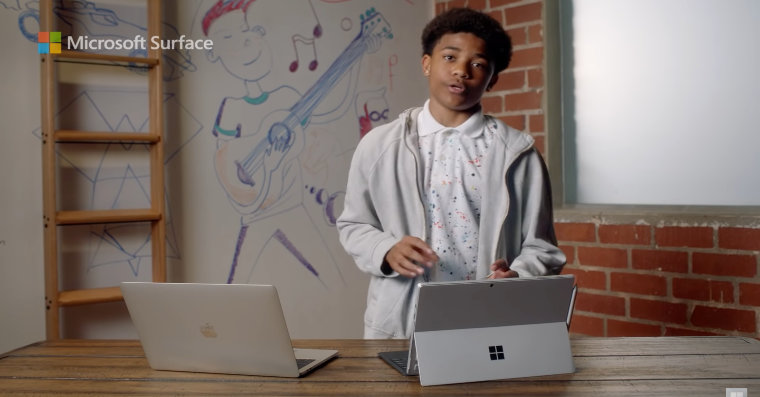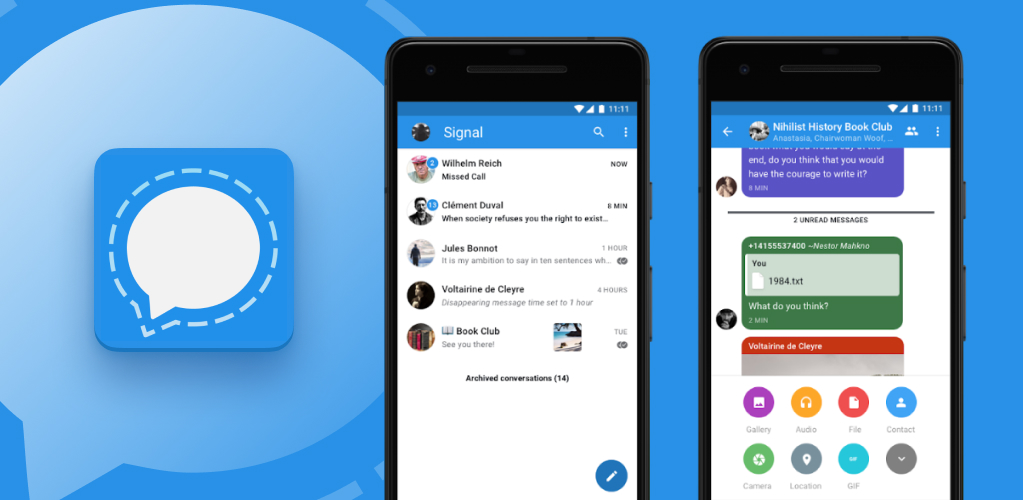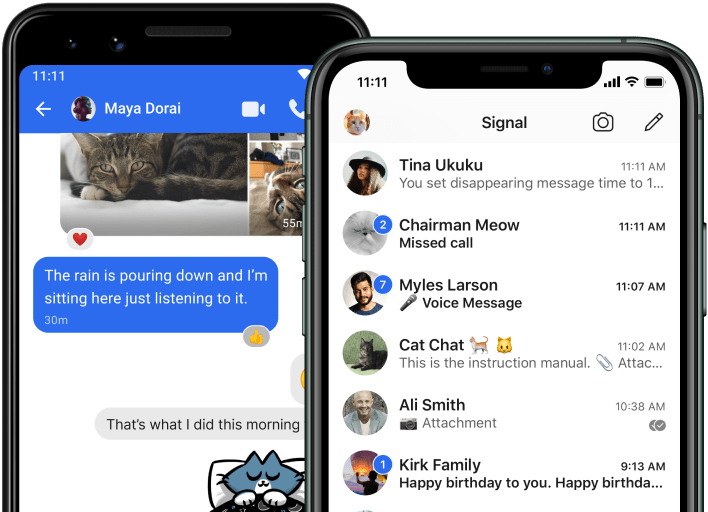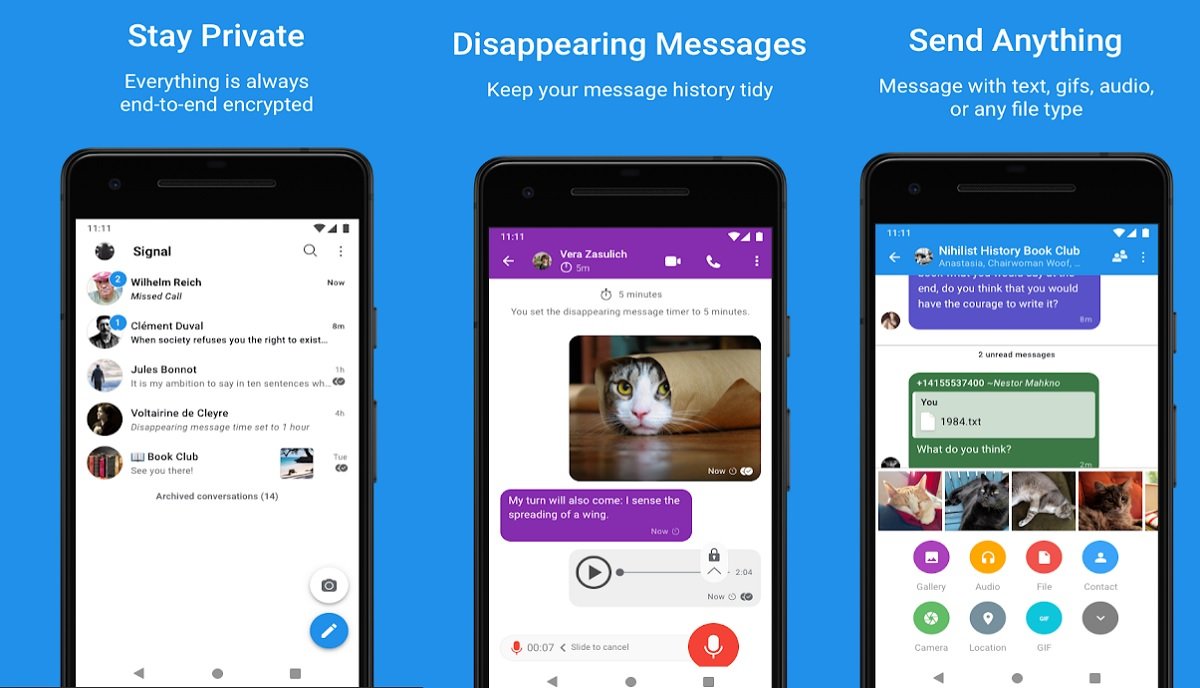The Nintendo Switch game console is undoubtedly a fun and original product. However, many users start to complain about the Joy-Con controllers not working after a while. There are even so many complaints that the European Consumer Organization has decided to submit a proposal for a detailed investigation to the European Commission. Recently, the communication platform Signal has also been in the spotlight. Non-profit organizations are concerned that this communication application could be misused by extremist groups. In the last part of today's summary of news from the IT world, we will talk about a wonderful patent from Microsoft.
It could be interest you
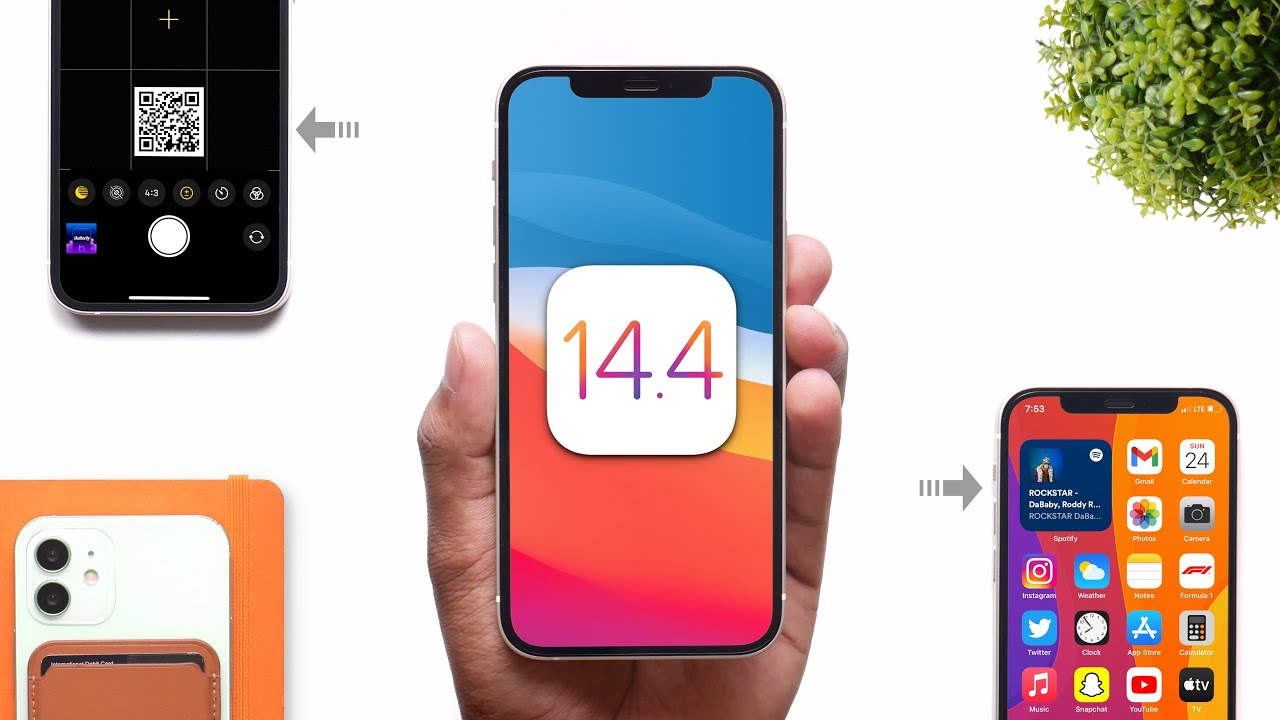
A lawsuit against Nintendo at the European Commission
The European Consumer Organization (BEUC) this week called on the European Commission to investigate complaints regarding Nintendo's Joy-Con device. "According to consumer reports, 88% of these game controllers break within the first two years of use," BEUC reports. BEUC has filed a complaint with the European Commission alleging that Nintendo is committing misleading information to its customers. Reports of the Joy-Con controllers being excessively defective have been popping up practically since they went on sale around four years ago. Most often, users complain that the controllers give false inputs while playing. Although Nintendo offers its customers free repairs for these controllers, errors often occur even after the repair. The BEUC group, which represents more than forty different consumer organizations from around the world, says it has already received almost 25 complaints from customers across Europe.
Cloud on Signalem
For some time now, at least parts of the Internet have been concerned with the issue of communication applications, or rather where users who recently said goodbye to WhatsApp due to the new terms of use should go. The hottest candidates seem to be the Signal and Telegram platforms. Along with how their popularity is growing rapidly recently, however, groups for whom these applications are a thorn in the side are also beginning to speak up. In the case of the Signal platform in particular, some people worry that it is nowhere near ready for a large influx of users and the potential problems that may come with it. Among other things, the Signal application is liked by many users because of its end-to-end encryption. But according to some employees, it is not prepared for a possible mass appearance of objectionable content - there are concerns that extremists could gather on Signal and that it could be problematic to map their activities and communications. Last week, for a change, there was news of a non-profit organization demanding that Apple remove the popular messaging app Telegram from its App Store. In its application, the mentioned organization also argues the potential possibility of gathering extremist groups.
Microsoft and the chatbot from the grave
This week, a new technology created by Microsoft developers attracted a lot of attention. Very simply, one could say that the mentioned technology will help users to communicate with their deceased loved ones, friends or family members - that is, in a way. Microsoft has registered a patent for the creation of a slightly controversial chatbot, modeled after a specific person, whether living or deceased. This chatbot can then to some extent replace a real person. So, in theory, you could talk about stage acting with Alan Rickman or rock'n'roll with Elvis Presley. However, according to Microsoft's own words, it definitely has no plans to use the new patent for a real product or service that simulates conversations with deceased persons, which was also confirmed by the general manager of Microsoft's artificial intelligence programs, Tim O'Brien, in his recent post on Twitter. The patent application itself dates back to April 2017. Microsoft sees the theoretical use of the patent, for example, in the field of artificial intelligence and the creation of virtual models of people in order to improve the quality and authenticity of chatbots on company websites, in e-shops or perhaps on social networks. A chatbot, created using the aforementioned technology, could be characterized by specific realistic properties, but also perhaps by word combinations or voice expressions. Chatbots of all kinds are enjoying increasing popularity both among users and among owners of various companies, website operators or creators of various information portals.
It could be interest you
